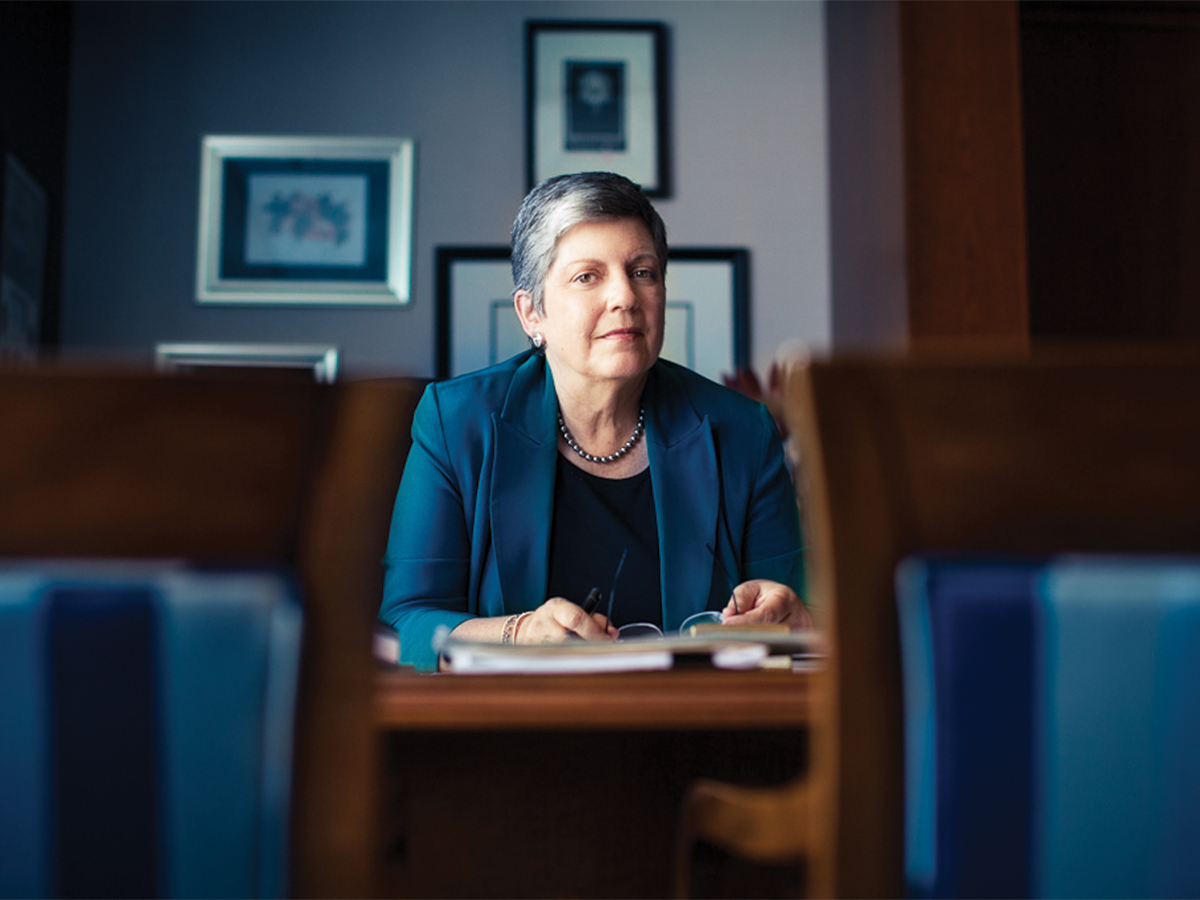
Following the release of a 177-page audit report on the University of California Office of the President (UCOP) on Tuesday, April 25 from the California State Auditor’s Office, the UC responded in a press release to claims that it withheld $175 million in undisclosed restricted and discretionary reserves, has been overpaying employees and was utilizing misleading budget practices.
The audit had been called upon by the Joint Legislative Audit Committee in face of concern experienced over the January 2017 tuition increases and unjust appropriation of funds by the administration. During the audit process, allegations were made that UC administration interfered with the survey process utilized for the audit to decide whether laws or policies had been violated and required further investigation.
For the fiscal year of 2015-16, UCOP has maintained a budget of $747 million, however the report claims that the office has held undisclosed funds ranging from $77 million to $114 million in the four years reviewed, while also aggregating $175 million in reserves.
In a letter from UC President Janet Napolitano to State Auditor Elaine Howle, Napolitano emphasized that the $175 million sum had been mischaracterized, and that UCOP’s “available and committed reserve” only totaled around $38 million, which Napolitano claims is a “prudent and responsible reserve amount for the University to be fully prepared for unexpected expenses.”
Napolitano also broke down the $175 million into three elements: $5 million consisted of non-UCOP-related funds, $87 million of unrestricted funds and $83 million of restricted funds, with the latter providing monetary support to presidential initiatives such as the $18 million apportioned to the UC Laboratory Fees Research Program, amongst others.
The $87 million in unrestricted funds were reported to be used for campus and systemwide initiatives intended to be reinvested into the UC campuses, with $49 million of those funds being allocated to items such as the $2 million for UCR’s medical school, $5.2 million toward the Global Food Initiative and $7.2 million for increasing UC-wide cybersecurity. The $38 million remaining is what the letter cites as the true reserve total.
Many of the aforementioned initiatives had been singled out for a reduction or elimination in funding.
Additionally, the report suggests that UCOP has underspent around $32 million over the past five years and has maintained these funds as part of the discretionary reserve, rather than reinvesting the funds back into the 10 campuses.
UCOP’s budgeting practices were accused by Howle of being misleading because of its inability to substantiate public claims “due to its lack of strong, consistent budgeting process, which would help to provide transparency and accountability,” also claiming that the legislature and regents are be unable to sufficiently understand the budget at hand.
Howle also called into question employee benefits that UC employees receive, when it was determined that they were comparable or unconventionally superior to those for public sector employees, with an estimated $21.6 million in benefits allocated over a five-year period, and a lack of sufficient policies to oversee these expenditures.
Napolitano accepted the recommendations in her letter regarding the evaluation of “employee reimbursement policies and appropriately revising them” and acknowledged that budgeting processes and spending should undergo improvement.
The report also solicited responses from Chair of the UC Board of Regents Monica Lozano and Chair of the UC Audit and Compliance Committee Charlene Zettel, who wrote to Howle, declaring that they accepted a majority of Howle’s claims, but disagreed with recommendations that “threaten the University’s standing as a constitutionally autonomous entity, and the Board of Regents itself.”
These disagreements were made in reference to Howle’s request for the legislature to directly appropriate funding for UCOP, to hire a third-party entity to manage a corrective action plan for UCOP and to hold an open hearing for systemwide and presidential initiatives.
The Highlander sat down with UC Student Regent Marcela Ramirez to hear her thoughts on the audit. Ramirez reiterated a number of the sentiments held by UCOP and the Board of Regents, explaining, “What you’re seeing in the news media is … a confusion of which money is what, and what money went where and what got used for what,” in reference to the components of funds that comprise the $175 million in “undisclosed funds.”
Ramirez affirmed that the regents were well aware of the budget used by UCOP and that nothing on the budget had been surprising to her or the regents. “I think when the state audit says ‘that money needs to go back,’ there’s a misunderstanding of how it came back,” while also detailing the use of funds for the presidential campus initiatives.
“Where I do agree is that we don’t have procedures and protocols in place to approve budget expenditures in those ways. UCOP’s budget comes forward to the regents, so it’s not a surprise,” Ramirez elaborated. “We know the budget model … we know how much money they have, we know how they’re utilizing it, we know what decisions they made to do that.”
“I think right now what we’re going to do is in agreeance with the recommendations from the audit, is again, institute more policies, procedures and protocols for things like … the approval of decisions for how they’re gonna utilize unrestricted funds,” Ramirez concluded.








